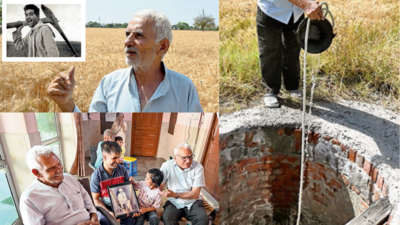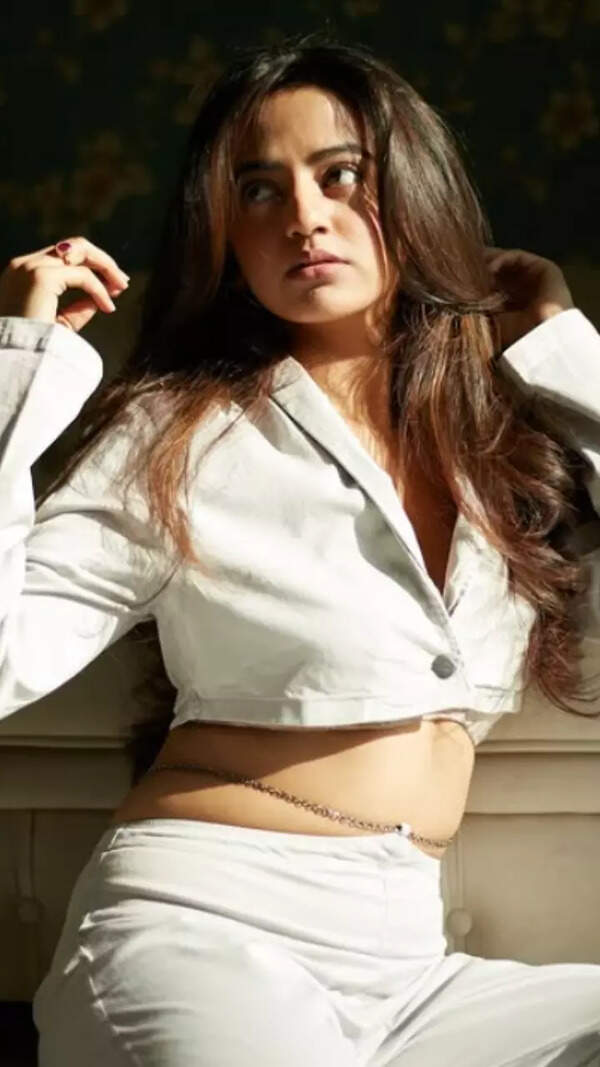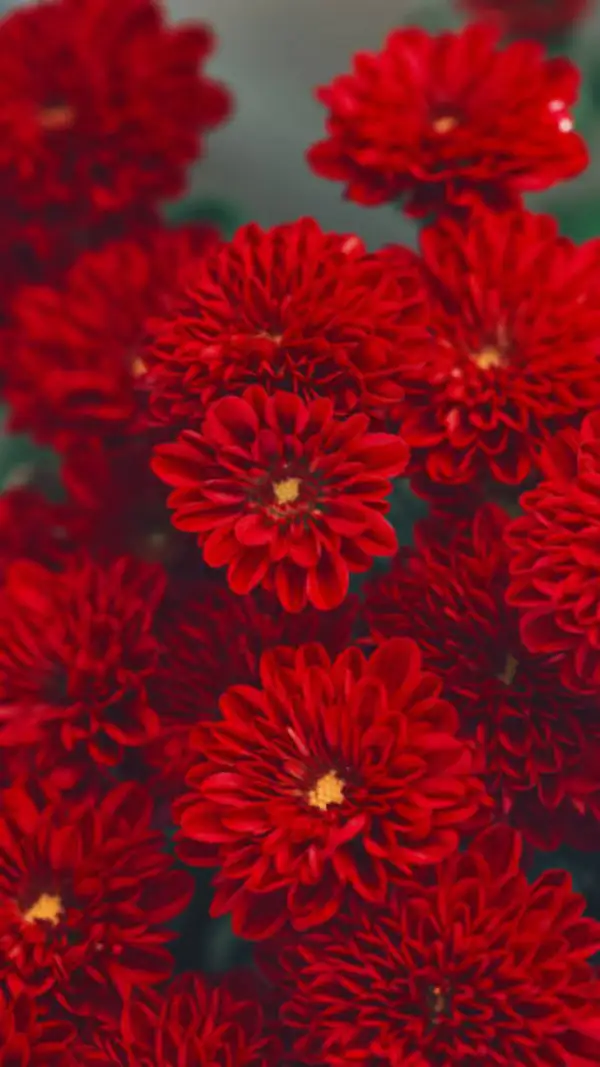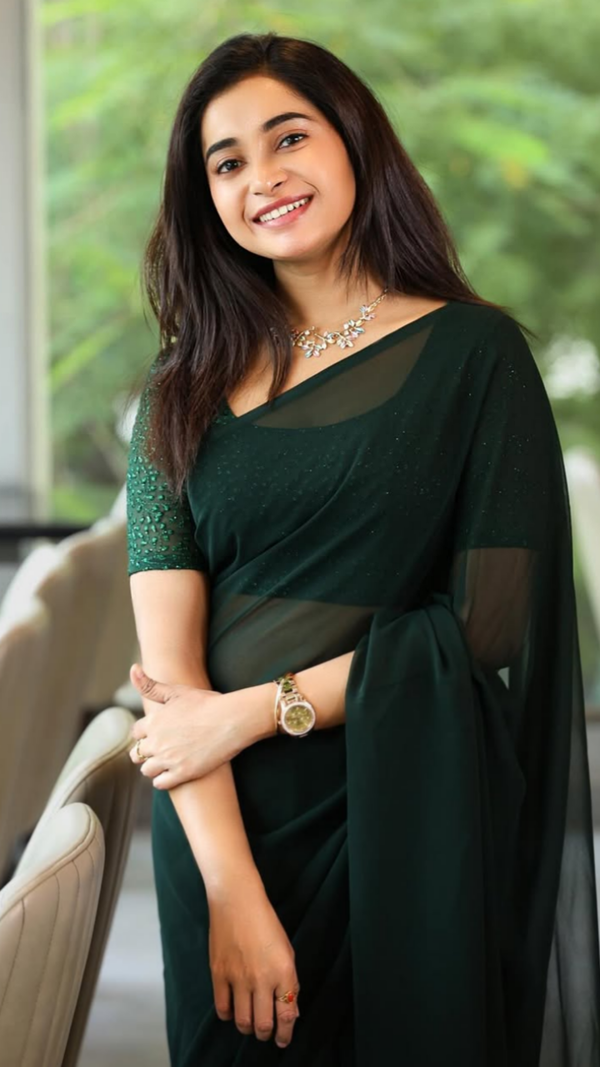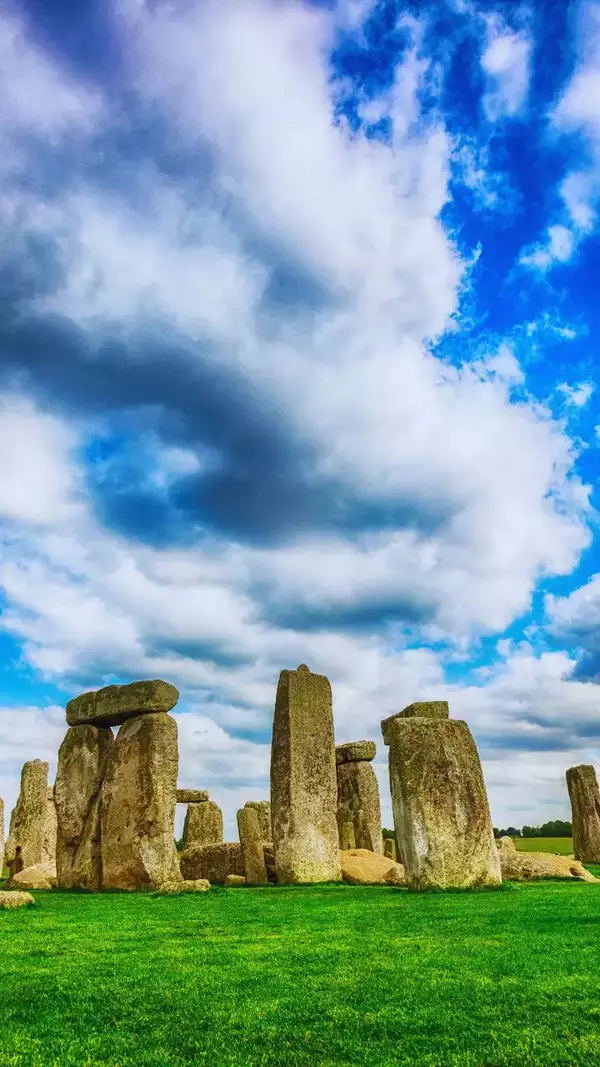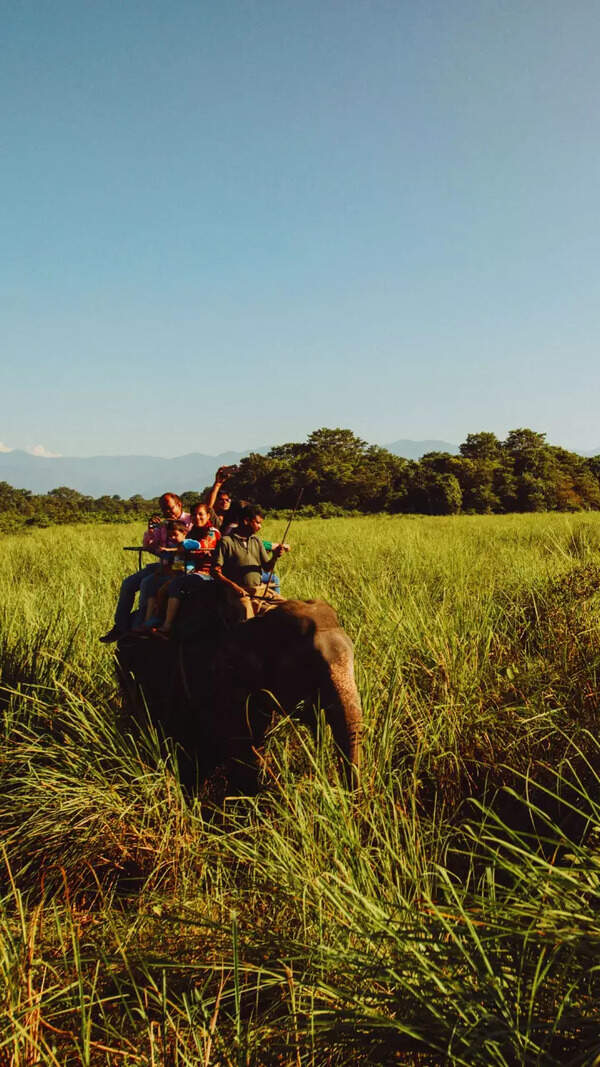- News
- City News
- delhi News
- Lush green fields fade, memories don’t: ‘Desh ki dharti’ reflects on Delhi’s Nangal Thakran ‘upkar’ link
Trending
Lush green fields fade, memories don’t: ‘Desh ki dharti’ reflects on Delhi’s Nangal Thakran ‘upkar’ link
Residents of Nangal Thakran fondly recall the shooting of the film Upkar in their village and remember the celebrities who graced it. The iconic patriotic scenes of Bharat Kumar, played by Manoj Kumar, were filmed in those fields, now facing challenges like dried canals and overpopulation.
NEW DELHI: Kasme waade pyaar wafaa sab, baatein hain baaton ka kya / Koi kisi ka nahin yeh jhoote, naate hain naaton ka kya." As Azad Singh Bhardwaj hummed the song, there was nostalgia in his eyes. He remembered how as a 19-year-old he had seen the film Upkar being shot in his village, its hero and director being Manoj Kumar, who passed away in Mumbai on Friday.

The film’s music, especially ‘Mere desh ki dharti’, turned into an anthem. Most of the film was shot in these fields
It was the late 1960s and village Nangal Thakran, now a town in north Delhi's Narela, was abuzz with big cars rolling in, food being served and well-known actors lounging around. Bhardwaj and his friends ran to the sets, excited about the film shoot. When they spotted Pran, who played Malang Chacha in the film standing quietly in a corner, one of them whispered, "Yeh wohi haina jispe Kasme waade banega ab (Isn't he the one on whom Kasme waade song will be picturised)?"
Gathering courage, Bhardwaj's friend stepped forward and said, "Pran ji, ek baar humein apna chehra toh dikhaiye (Please show us your face)." The actor turned towards the youngsters with a smile and folded his hands in a namaste.

The Chaudhary family plays Upkar for visitors even till today, pointing to the scenes that feature their ancestral home
With a faraway look, Bhardwaj continued, "Then the shooting began. The first take, and Manoj Kumar, who was directing, said ‘No'. It was a no again because he had wanted a dolly shot. Another no after that. Finally, after 5-6 takes, the scene was finalised." Nangal Thakran's connection with Bollywood history was sealed forever. The movie would go on to earn a lot of plaudits, also earning Manoj Kumar the appellation of Bharat Kumar, for the patriotic fervour of his film set in the background of the India-Pakistan war of 1965. Nangal Thakran, however, will remember him as the filmmaker who turned their fields into the heartland of Upkar.
The story of Bharat (Manoj Kumar), an honest farmer who stays back to toil in his fields while his brother Puran (Prem Chopra) seeks city comforts, resonated deeply with the rural heartland. The film's music, especially Mere desh ki dharti, turned into an anthem. Most of the film was shot in the fields of Nangal Thakran, whose inhabitants, for days, revelled in patriotic festivity.

The well at the village from which Aruna Irani drew water in the movie
"We saw Kamini Kaushal and Asha Parekh sitting in their cars, Manoj ji eating samosa, and Pran and Prem Chopra preparing for their scenes," remembered Bhardwaj, now in his late seventies. Others — once starstruck teenagers, now sprightly seniors — too have every frame of Upkar etched in their memories. Balwan Singh, 70, was 14 years old at the time. Pointing to a patch of farmland, he exclaimed, "Yeh wohi khet hai jahan Mere desh ki dharti was shot (This is the field where Mere desh ki dharti song was filmed!). Bhardwaj added, "And that well over there? Aruna Irani ji drew water from it in the film."
Village resident Jhuman Chaudhary appeared in Upkar's opening credits, an honour given because he offered his house and fields for the production, that too for free. "Back then, seeing Manoj ji was enough for us," said Chaudhary's grandson, Mahinder. "I was in Kanpur with my uncle, but the moment I got the letter about the movie, I dropped everything. Pehle shooting dekhenge, I said." The Chaudhary family plays Upkar for visitors till today, pointing to scenes that feature their ancestral home. "See this window at the 8-minute mark? It's still there," you can hear one of them say.
But time hasn't been as kind to Nangal Thakran as it was to Upkar. The lush green fields depicted in the movie appear faded. "The canals have dried up and farmers now use drain water for irrigation," said Mahinder. The village has become crowded and struggles for space for its growing population. Water is scarce and if there was no dispensary earlier, there isn't one today either.
The film remains the village's pride. Chaudhary's great-granddaughter proves how even today's generations know about the film. The six-year-old interjected, "That is my grandfather. And I have heard about the shooting. We even had a box from the film, but it got ruined." And the songs from the movie float in the air, just like they did 57 years ago when Manoj Kumar stood in these very fields.
End of Article
FOLLOW US ON SOCIAL MEDIA
